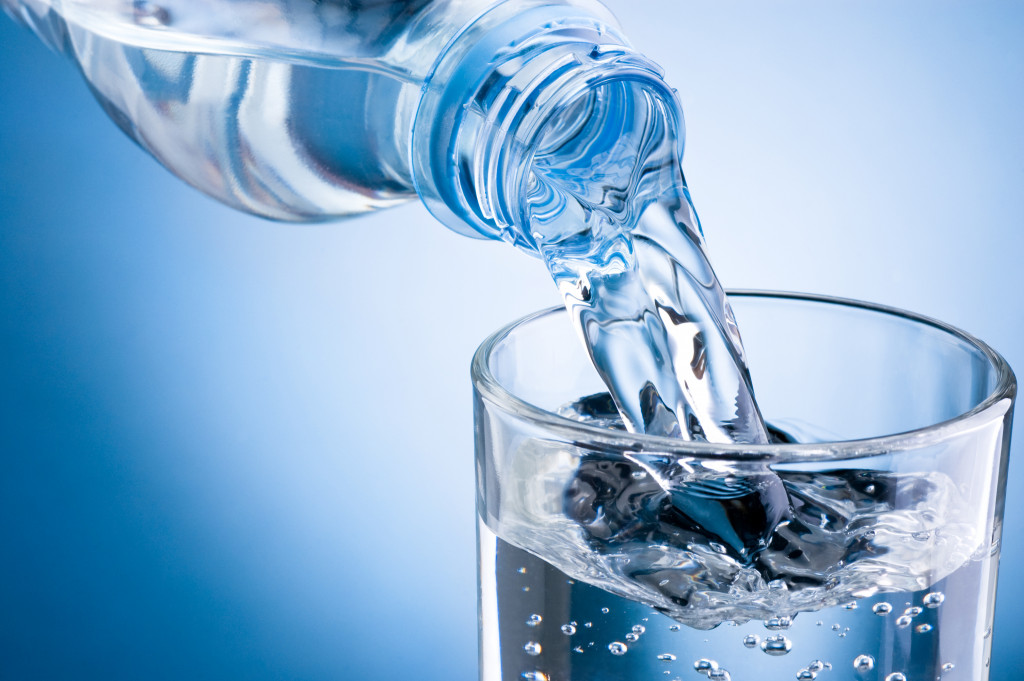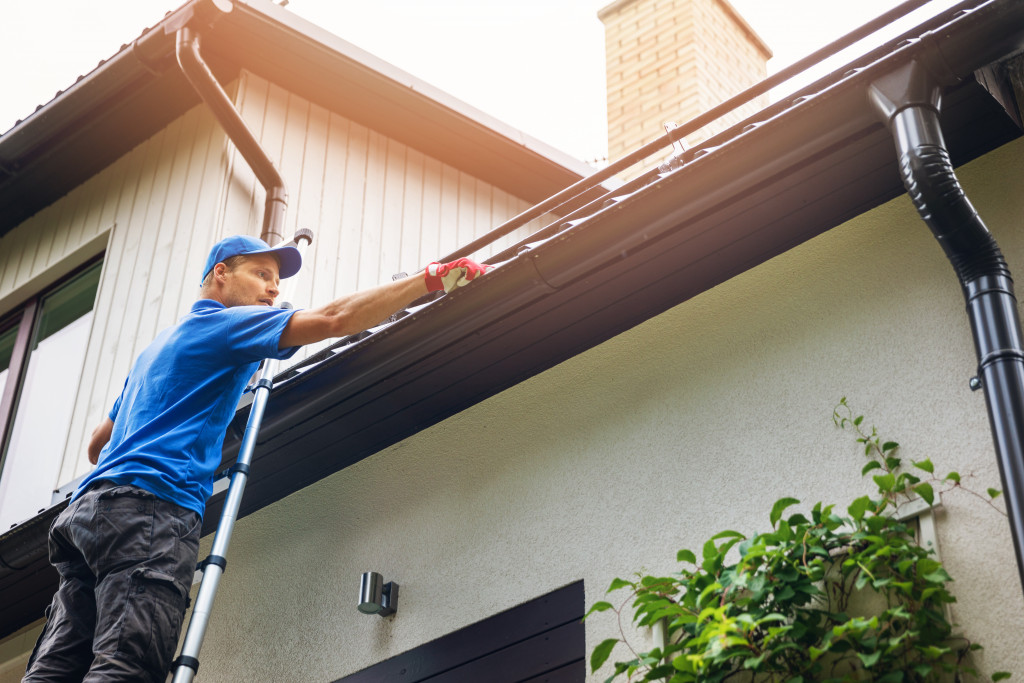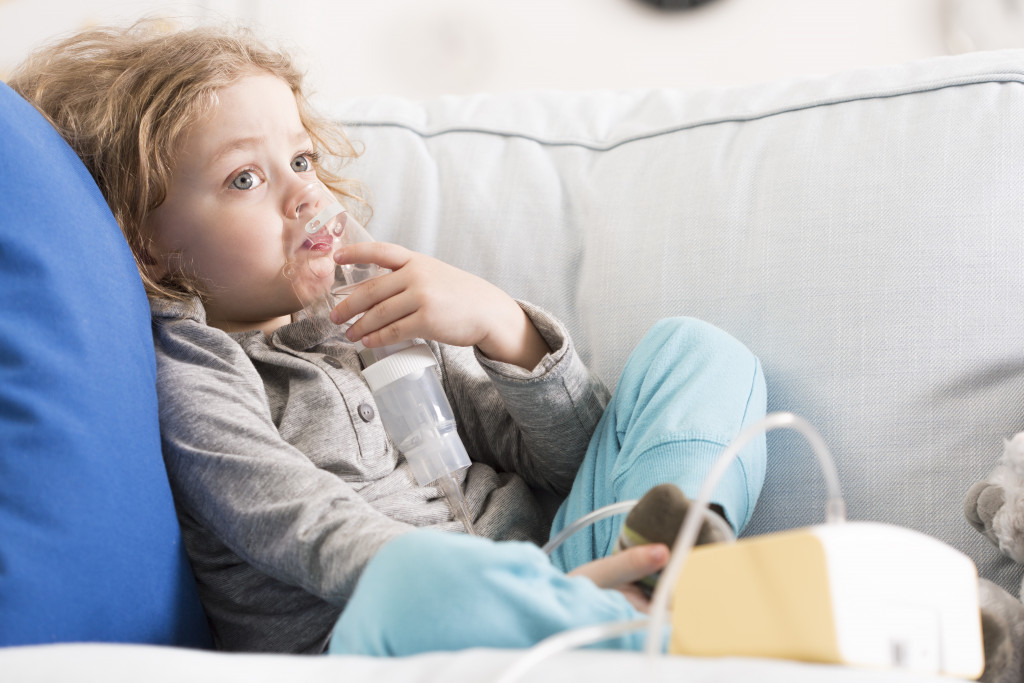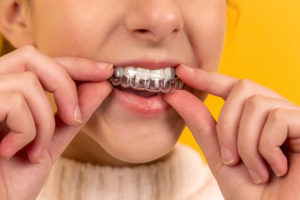- Practice good hygiene with regular handwashing and avoid sharing personal items.
- Purify drinking water by boiling, filtering, or using a purification system.
- Properly dispose of human and animal waste at designated disposal sites.
- Prevent water damage by inspecting your home, having a stormwater management plan, and installing a sump pump.
- Educate your family on waterborne diseases and prevention.
Waterborne diseases can be a serious health risk for you and your family. These diseases are caused by bacteria, viruses, and parasites that can contaminate water sources such as wells, lakes, and rivers. Here are five tips to prevent waterborne diseases within your family.
1. Practice Good Hygiene
Good hygiene is essential to prevent waterborne diseases. Wash your hands regularly with soap and water, especially before eating and after using the bathroom. Encourage your family members to do the same.
Avoid sharing personal items such as towels, razors, or toothbrushes, as they can spread germs and bacteria. Keep your home clean and sanitized, especially in areas where water is used frequently, such as the kitchen and bathroom.
2. Purify Your Drinking Water

Purifying your drinking water is an important step in preventing waterborne diseases. Boiling water for at least one minute can kill most bacteria and viruses. You can also use a water filter or purification system to remove contaminants from your drinking water.
Check with your local health department for water quality issues, such as high lead levels or other contaminants. They may be able to provide resources or recommendations for purifying your drinking water.
3. Properly Dispose of Waste
Improper disposal of waste can contaminate water sources and lead to the spread of waterborne diseases. Ensure to dispose of human and animal waste properly in a designated disposal site, including diapers and pet waste.
Avoid dumping chemicals or other hazardous materials down the drain or in your yard, as they can contaminate groundwater and other water sources. Follow the instructions for proper disposal of these materials as listed on their containers, or find a local facility to process and contain hazardous waste.
4. Prevent Water Damage in Your Home
Water damage in your home can lead to the growth of mold and bacteria that can cause waterborne diseases. This is because the moisture generated by water damage is a breeding ground for these microorganisms. Therefore, taking measures to prevent water damage in your home is important.
Here are some ways to prevent water damage:
Inspect Your Home Regularly
Inspecting your home regularly for signs of water damage, such as damp walls and ceilings or discolored spots on walls, floors, and furniture, is important. Pay special attention to parts of the house vulnerable to water damage, such as kitchens and bathrooms. If you find any signs of water damage, take immediate action to repair the problem.
Have a Stormwater Management Plan in Place
It’s essential to invest in a stormwater pollution prevention plan ready in case of heavy rainfall or storms. A professional will help you develop a comprehensive plan which outlines the steps to prevent pollution from reaching your local water sources. This may include proper drainage systems, runoff capture and treatment systems, and impervious surface management. A stormwater management plan is critical for protecting the health of your family from waterborne diseases.
Install a Sump Pump
A sump pump is an important part of preventing water damage in your home, as it can automatically remove excess water that accumulates in the basement or crawlspace area. Make sure to check on the condition of your sump pump regularly and have it serviced when necessary.
Perform Regular Maintenance on Your Roof
Check for loose shingles and other signs of wear that can lead to leaks on your roof. Have a professional inspect your roof at least once a year and repair any damages before they become more serious problems causing significant water damage in your home over time.
Install Gutters and Downspouts

Gutters help collect rainwater and direct it away from your home. Check the gutters and downspouts regularly to ensure they are in good working condition and the water is directed away from your property. Clean out any debris or blockages so the water can quickly drain.
5. Educate Your Family
Educating your family about the risks of waterborne diseases and how to prevent them is essential. Teach your children about good hygiene practices, such as handwashing and proper disposal of waste.
Ensure your family knows how to purify drinking water and recognize the signs of water damage in your home. Encourage your family members to speak up if they notice any issues with water quality or damage in your home.
Final Thoughts
Preventing waterborne diseases within your family is important for the health and well-being of everyone in your household. Practicing good hygiene, purifying your drinking water, properly disposing of waste, preventing water damage in your home, and educating your family are all essential steps in preventing waterborne diseases. By taking these steps, you can help ensure that your family stays healthy and safe.


















